A child’s room is often a hub of activity, from playtime to naps, and as a result, it can quickly accumulate unpleasant odors. Keeping the room smelling fresh isn’t just about aesthetics—it’s also important for your child’s overall health and well-being. A clean and pleasant-smelling environment promotes better sleep, reduces allergens, and creates a space where your child feels comfortable and happy. Here’s a detailed guide on maintaining a fresh-smelling room for your children.
Table of Contents
1. Maintain Regular Cleaning Routines

The foundation of a fresh-smelling room is consistent cleaning. Dust, dirt, and clutter can quickly lead to stale odors, especially in a space that children spend a lot of time in. Here’s how to keep the room clean and odor-free.
- Dust and vacuum regularly: Dust buildup on furniture, shelves, and window sills can contribute to unpleasant odors and aggravate allergies. Wipe down surfaces with a microfiber cloth and vacuum the room at least once a week, paying special attention to carpets and rugs, which can trap dirt and odors.
- Wash bedding weekly: bedding is one of the main culprits for musty smells, especially if your child sweats during sleep or if there are any spills. Wash sheets, pillowcases, and blankets once a week using gentle, child-safe detergent. If your child is still in diapers or potty training, use a waterproof mattress protector to prevent accidents from seeping into the mattress.
- Clean Soft Toys and Fabrics: Stuffed animals, curtains, and throw pillows can harbor dust and smells over time. Check the care labels on soft toys and wash them as needed. You can also sprinkle baking soda on fabrics like upholstered furniture or rugs, leave it for 15 minutes, then vacuum it up to remove any lingering odors.
2. Promote Proper Ventilation
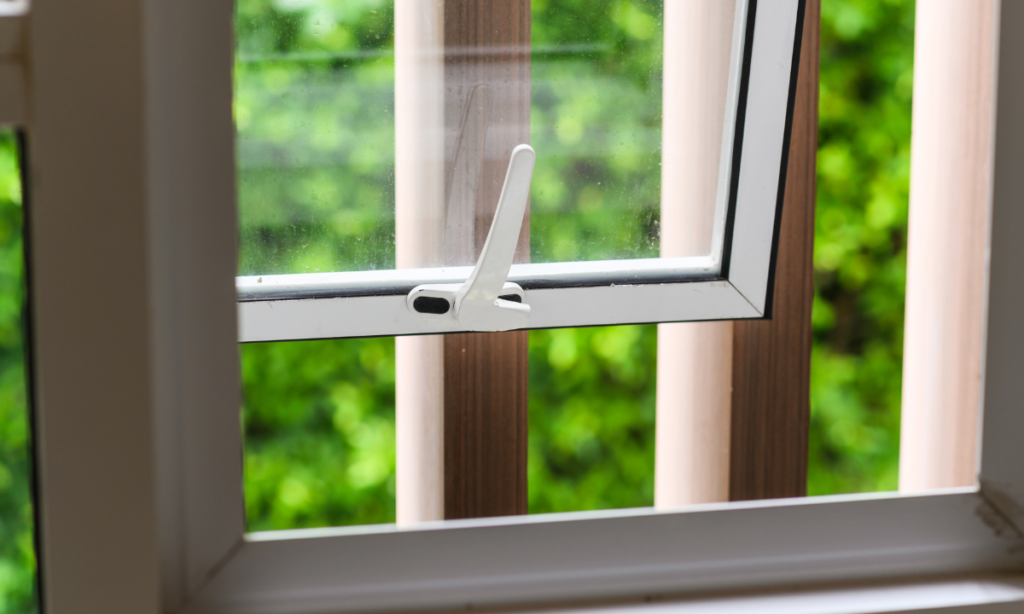
A room that lacks fresh air will inevitably start to smell stale. Proper ventilation is key to preventing odors and ensuring air quality.
- Open Windows Daily: Whenever possible, open the windows to allow fresh air to circulate through the room. This helps remove any odors from dirty diapers, food, or sweat. Even just 10-15 minutes of fresh air each day can make a significant difference, especially in the warmer months when air can become stagnant.
- Use an Air Purifier: If outdoor air quality isn’t ideal, or if your child has allergies, consider using an air purifier with a HEPA filter. These devices help to remove allergens, dust, and odors from the air, keeping the room fresher for longer.
- Install a ceiling fan or portable fan. Air movement helps reduce moisture and odors. A ceiling fan or portable fan can help circulate air, keeping the room fresher and preventing any musty smells from settling in.
3. Address Diaper Odors Immediately
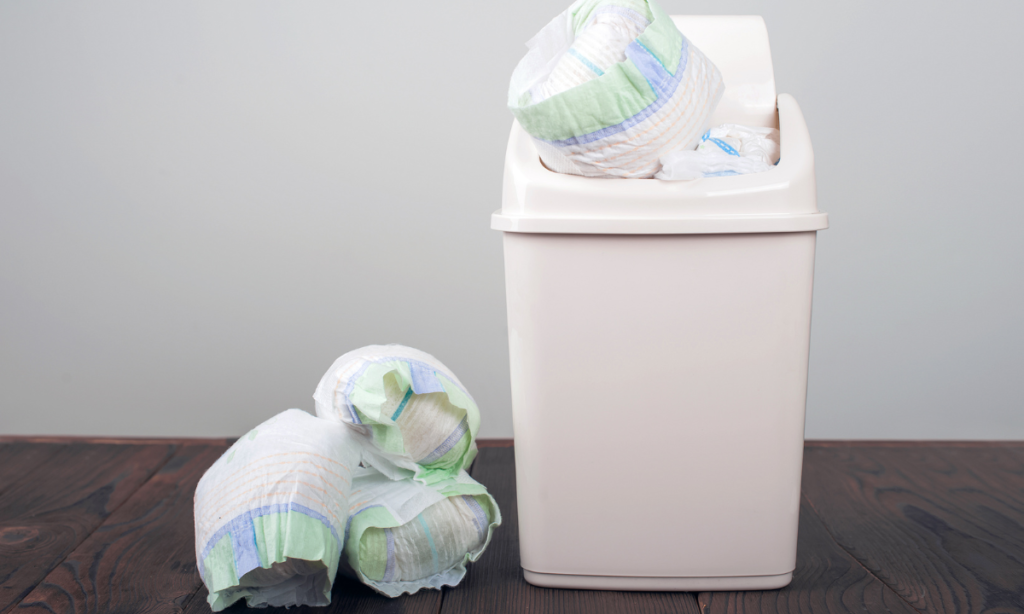
If you have a baby or toddler, dirty diapers can be a major source of odors in the room. Here’s how to manage diaper smells effectively:
- Use a Diaper Pail with a Lid A diaper pail with a tight-fitting lid is a must for preventing odors from spreading throughout the room. Make sure to empty the diaper pail frequently, as leaving diapers inside for too long will intensify the smell.
- Dispose of Dirty Diapers Promptly: After particularly smelly diapers, take them straight outside to the trash instead of letting them sit in the diaper pail. This will help prevent lingering odors.
- Sprinkle Baking Soda in the Diaper Pail: Baking soda is a natural odor absorber. Sprinkle a small amount in the bottom of the diaper pail or on top of soiled diapers to neutralize smells between trash and emptying.
4. Use Natural Deodorizers
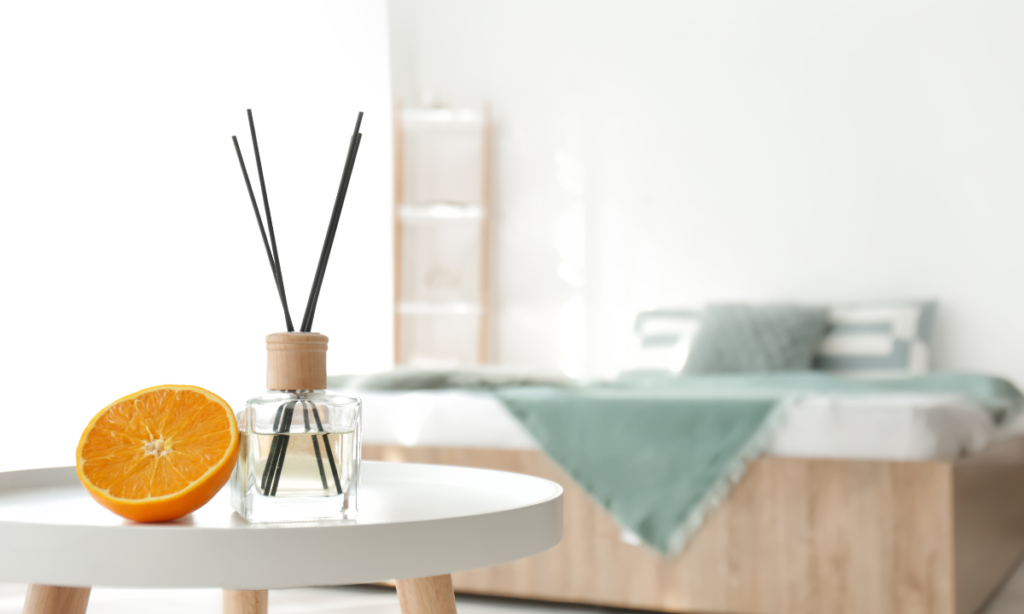
Artificial air fresheners often contain chemicals that may not be safe for children, especially in an enclosed space. Opt for natural deodorizers that are both effective and safe.
- Essential Oils: Certain essential oils like lavender, eucalyptus, and lemon can naturally freshen up the room while also promoting relaxation. Add a few drops of essential oil to a diffuser or mix it with water in a spray bottle to mist around the room. Just ensure the oils you use are safe for children, as some can be too strong for young lungs.
- Baking Soda: Baking soda is one of the most effective and natural odor absorbers. Place an open box in a corner of the room, or sprinkle it on carpets and let it sit for a while before vacuuming. This will help neutralize bad smells.
- Activated Charcoal Bags: Activated charcoal absorbs odors and moisture without adding any scent. These eco-friendly, chemical-free bags can be placed discreetly in various areas of the room, such as under the bed or in the closet, to keep odors at bay.
5. Keep the Room Dry
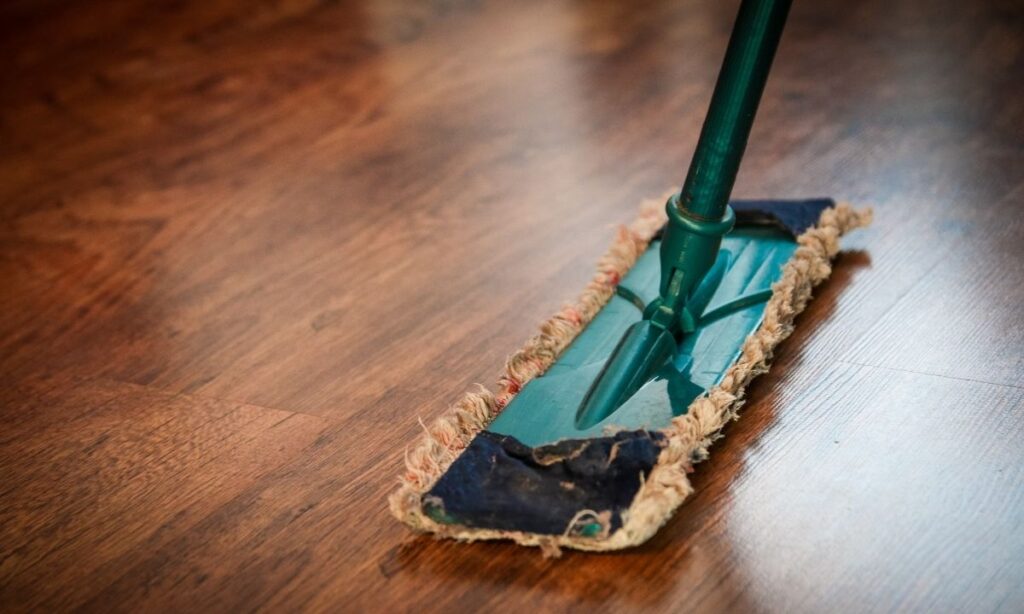
Excess moisture in the room can lead to musty odors, mold, and mildew. To keep the room dry and fresh, follow these tips:
- Use a Dehumidifier: If the room tends to get humid, especially during warmer months, consider using a dehumidifier to reduce moisture in the air. Keeping the humidity level between 30 and 50% can help prevent mold growth and eliminate the damp smell.
- Address spills and accidents immediately. Whether it’s a spill from a sippy cup or an accident during potty training, it’s important to clean up liquids right away. Use paper towels or a dry cloth to absorb the spill, then clean the area with a gentle cleaner to prevent odors from setting in.
- Dry Damp Items: Wet towels, blankets, or clothes left in the room can quickly lead to musty odors. Make sure to dry damp items promptly, either by hanging them outside or putting them in the dryer.
6. Clean and Refresh the Closet
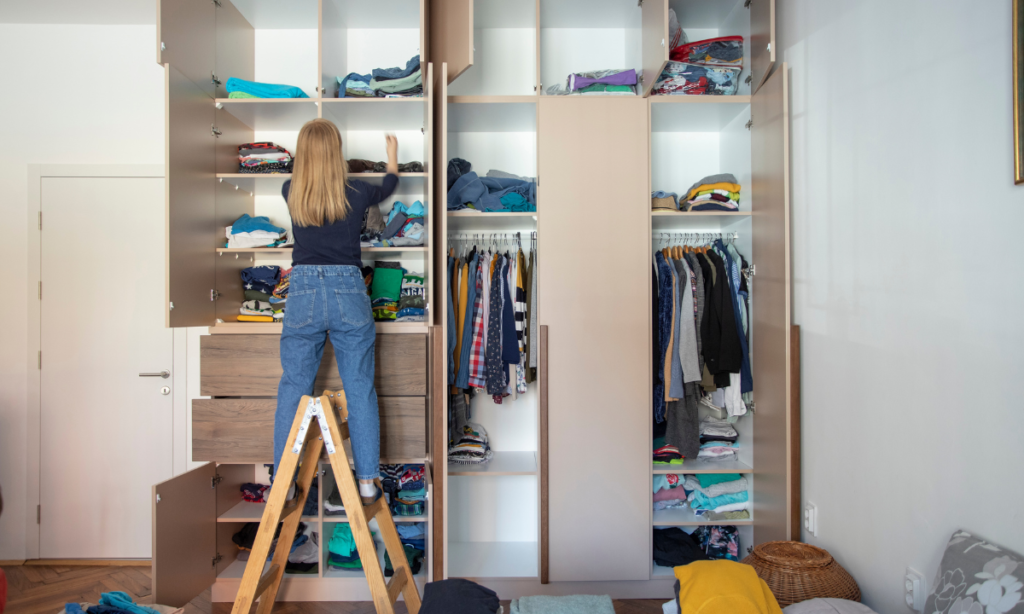
Closets can easily become a breeding ground for bad odors if they are stuffed with dirty clothes, shoes, or damp items. Keep the closet smelling fresh with these tips:
- Use Scented Sachets: Place sachets filled with lavender, cedar chips, or dried herbs inside drawers and closets to add a light, natural fragrance. These also help repel moths and insects.
- Rotate Clothes and Shoes: Don’t let clothes sit too long in the closet without being worn, especially if they’ve been worn but not washed. Make it a habit to rotate shoes and clothes regularly to prevent any musty smells from developing.
- Keep Dirty Laundry in Check: Ensure that dirty laundry is stored in a ventilated laundry basket and not piled up in the room or closet. Wash clothes frequently, especially if your child has been playing outside or has sweaty clothes from sports or hot weather.
7. Introduce Fresh-Smelling Plants

Houseplants are not only great for improving indoor air quality, but they can also help keep a room smelling fresh. Some plants naturally filter and clean the air, removing toxins and bad odors. Consider adding one of these child-safe plants to your child’s room:
- Aloe Vera: Aloe is known for purifying the air and doesn’t require much maintenance. It can also serve as a natural first-aid plant for cuts and burns.
- Spider Plant: A low-maintenance plant that filters out odors and toxins while being non-toxic to children.
- Lavender: Lavender has a calming scent that can promote better sleep for your child. It’s a great choice for the windowsill or a small pot on a shelf.
8. Wash or Replace Room Items That Retain Odors

Sometimes the source of bad smells in a child’s room comes from specific items. If certain furniture, toys, or bedding retain unpleasant odors, it may be time to wash or replace them.
- Wash Stuffed Animals: If they are machine-washable, give stuffed animals a good cleaning every few months. If not, spot-clean them and air them out.
- Replace Old Pillows or Mattresses: Pillows and mattresses can trap odors over time, especially if there have been spills or accidents. Consider replacing old pillows or investing in a new mattress if they have persistent bad smells that won’t go away with cleaning.





